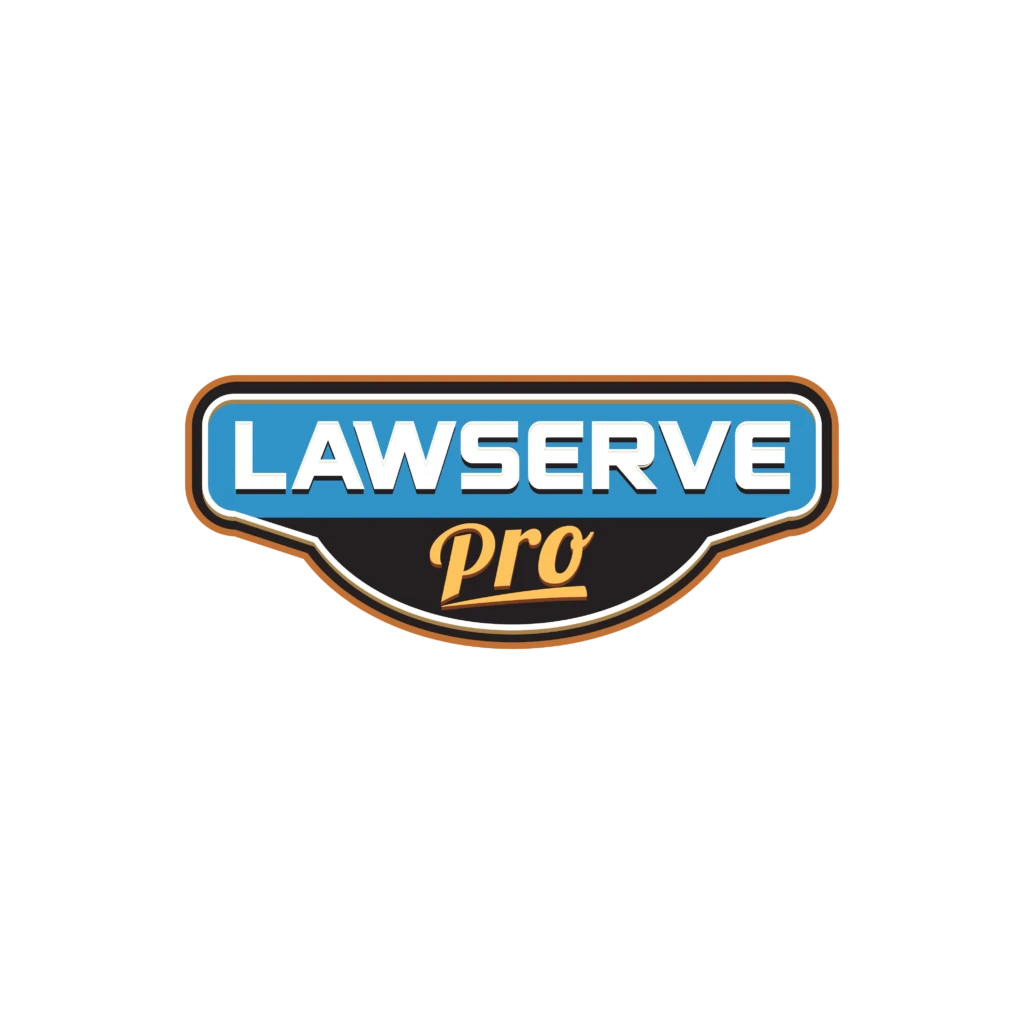Can You Be Notified of a Lawsuit by Phone?
Can you be notified of a lawsuit by phone?
Can You Be Notified of a Lawsuit by Phone?
Imagine this: your phone rings. The caller states you are being sued. There is no accompanying paperwork, no official envelope, and nothing in writing. Just a voice making a claim. In the current era of pervasive digital communication, this scenario is becoming increasingly prevalent. However, is such a notification legally valid? Can a lawsuit officially commence solely through a phone call?
The concise answer is no. Understanding the underlying reasons, however, requires a closer examination of how the legal system operates, particularly concerning the principle of due process, established procedural rules, and your fundamental rights as a defendant.
This article explores the regulations governing the formal notification of legal action, examines the rise in phone-based claims, and outlines the steps individuals should take when confronted with this specific situation.
Why Proper Legal Notification Matters?
At the core of every lawsuit lies the principle of due process. This fundamental legal concept dictates that you cannot be held liable or subjected to a judgment in a legal proceeding unless you have been formally and correctly notified of that proceeding. Courts mandate that essential documents, such as summonses and complaints, be served through specific, regulated methods. The overarching objective is to ensure that every party involved has a fair and adequate opportunity to respond and present their case.
These established methods of service typically include:
- Personal service by direct hand-delivery from a qualified process server.
- Substituted service, which often involves delivery to a competent adult at your residence or place of business, subsequently followed by a mailed copy.
- Certified mail with comprehensive tracking and confirmation of delivery.
- Service by publication in judicially approved circumstances, generally reserved for situations where exhaustive efforts to locate the individual have been unsuccessful.
Crucially, none of these legally recognized methods include phone calls. In fact, no jurisdiction within the United States currently acknowledges phone calls as a valid means of serving official legal documents.
The Inadequacy of Phone-Based Notice
A phone call inherently cannot establish the kind of formal record required for legal proceedings. It is fundamentally unverifiable, lacks the necessary documentation, and cannot be independently confirmed by the court.
Even if the caller identifies as a lawyer, a member of court staff, or a process server, a phone call by itself does not qualify as official legal notice. The law mandates written service, which must be verified through formal affidavits and adhere to recognized delivery procedures.
For instance, a valid Proof of Service form explicitly documents the precise date, time, method, and recipient of the legal documents. This sworn affidavit carries significant legal weight within a court of law. A mere verbal alert does not possess such legal standing.
How Scam Calls Exploit Procedural Confusion?
The increasing prevalence of scam calls has added a layer of urgency to this issue. Many individuals report receiving calls from those falsely impersonating law enforcement officials, government agents, or legal representatives. These calls frequently employ aggressive tactics, including threatening arrest or demanding immediate payment to “settle” a supposed lawsuit.
It is vital to understand that legitimate legal professionals do not typically call to demand instant payment or to threaten immediate incarceration for civil matters. If someone contacts you with such claims but fails to provide any accompanying written legal documents, it is highly probable that the call is a scam.
Should you receive such a call, it is imperative to refrain from sharing any personal or financial information. Instead, request formal written documentation, terminate the call, and promptly consult with a reputable legal professional.
Are There Any Exceptions to the Rule?
While a phone call definitively does not constitute legal service, it may occasionally be utilized to informally alert an individual about impending legal documents. For example:
- Law firms may place a preliminary call before formally serving papers, as a professional courtesy.
- Parties may conduct a follow-up phone call after written service has been successfully completed.
- In specific civil cases, individuals might formally agree to receive certain documents electronically, such as via email. However, even these agreements must be established formally and documented in writing; they do not permit service solely by phone.
Significantly, none of these scenarios permit service through a phone call alone. Courts consistently require traceable, written delivery methods supported by verifiable documentation.
Consequences of Ignoring a Phone Call Warning About a Lawsuit
If you choose to disregard a phone call warning you about a lawsuit and subsequently receive official, proper service, you remain legally obligated to respond to that formal service. Courts do not consider whether you received an informal verbal warning; their primary concern is whether valid written service occurred in accordance with procedural rules.
Conversely, if the only communication you receive is a phone call and no formal documentation ever arrives, the court likely does not possess personal jurisdiction over you.
However, this depends heavily on whether the opposing party subsequently claims to have served you properly. Should they file a Proof of Service with the court, you must then be prepared to formally challenge its validity.
Documenting the Call: When Such Records Become Relevant
If you receive a phone call but no accompanying formal documents, documenting the details of that call can prove important. It is advisable to maintain records that include:
- The precise date and time of the call.
- The caller ID information and any name provided by the caller.
- A summary of the conversation’s content.
- Whether any documents were promised or explicitly mentioned during the call.
Should the caller or the opposing party later assert that service did, in fact, occur, your meticulously kept documentation may serve as crucial evidence to contradict their claim. Courts will meticulously review all presented evidence when determining the overall validity of a purported service.
Legal Precedent and Court Treatment
U.S. courts have consistently rejected the notion that phone calls can constitute legal service. Lawsuits cannot proceed or be sustained based on verbal notice alone. A failure to properly serve documents frequently leads to the dismissal of the case or the reversal of any judgments previously entered.
In numerous legal precedents, judges have ruled that a defendant was not afforded proper notice, thereby denying them an opportunity to participate in the proceedings. These rulings steadfastly reinforce the fundamental requirement for formal, traceable methods of service.
Recommended Actions Upon Receiving a Call About a Lawsuit
If you receive a phone call claiming you are being sued, follow these steps:
- Maintain composure and avoid reacting emotionally to the caller.
- Politely request the name of the court and the specific case number.
- Ask for formal written documents that confirm the claim.
- Thoroughly document the call and preserve any related evidence.
- Do not disclose any sensitive personal or financial information to the caller.
- Consult a lawyer immediately, particularly if you have any reason to believe the call might be legitimate, or if formal legal papers subsequently arrive.
Formal Service Is Not Optional
A phone call may serve as an informal alert regarding an impending lawsuit, but it unequivocally does not substitute for formal service of process. The legal system rigorously demands written documents, adherence to proper procedures, and verifiable delivery methods. Relying solely on verbal notice is not only risky but potentially unlawful.
If you receive a call claiming you are being sued, remain calm. Request formal documentation, maintain a cautious approach, and promptly seek qualified legal advice. This is especially important if you subsequently receive physical legal papers or discover a court case initiated in your name.
Proper legal notification is designed to uphold your rights. Anything less undermines the principle of due process and can, and often should, be challenged.
Need Help Navigating Service of Process or Challenging a Lawsuit?
If you have received a suspicious call about a legal case or suspect that service was handled improperly, LawServePro is here to help.
Our experienced legal professionals can assess the validity of service, meticulously review court documents, and advise you comprehensively on your rights and available options.
Whether you are seeking to contest improper service, contemplating filing a Motion to Quash, or simply need to understand your legal obligations, LawServePro provides clarity and confidence when you need it most.
Protect your legal rights today. Contact LawServePro for expert advice on service of process, lawsuit defense, and ensuring procedural fairness.
AGGRESSIVE AND PROFESSIONAL NATIONWIDE PRIVATE PROCESS SERVERS
Here at LawServePro, it’s our number one priority to make your job easier. Whether you need legal documents served, a foreign subpoena domesticated, or court documents retrieved, our expert team of professionals are ready to help. Call today for a free quote!
Account
Connect
National Headquarters
8482 Fort Smallwood Road
Suite B-110
Pasadena, MD 21122
8482 Fort Smallwood Road
Suite B-110
Pasadena, MD 21122
© Copyright by LawServePro 2021 | Web Design by Exo Agency
No products in the cart.

